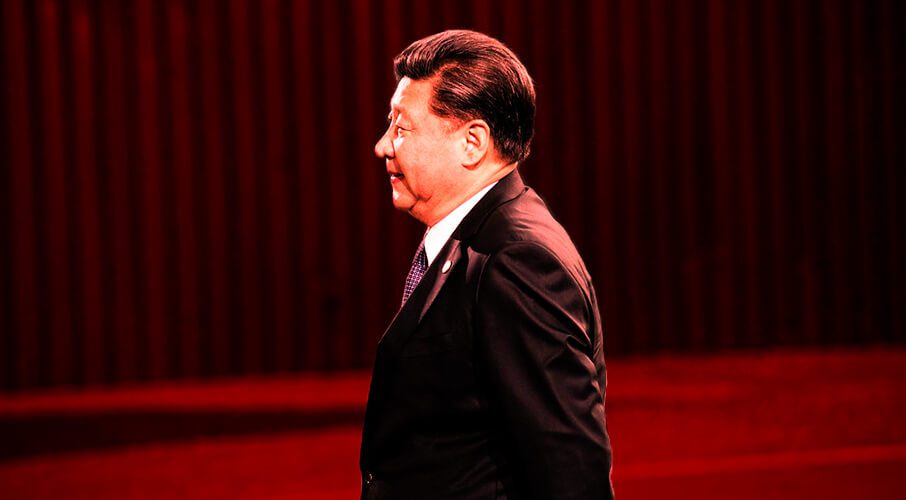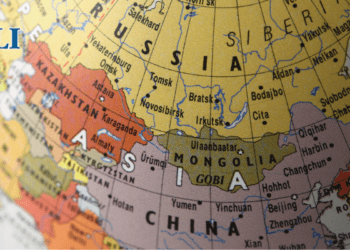 By wrapping themselves in ethno-nationalist rhetoric, the Chinese Communist Party often claims that a critique of their actions is equivalent to a critique of their people—a tried and true tactic in the authoritarian playbook, writes Marcus Kolga. The following is an excerpt of a piece which originally appeared in Maclean’s. The full piece can be read here.
By wrapping themselves in ethno-nationalist rhetoric, the Chinese Communist Party often claims that a critique of their actions is equivalent to a critique of their people—a tried and true tactic in the authoritarian playbook, writes Marcus Kolga. The following is an excerpt of a piece which originally appeared in Maclean’s. The full piece can be read here.
By Marcus Kolga, March 23, 2020
When we criticize the actions of governments run by autocrats and dictators, like those in Russia and China, we must bear in mind that it is not the citizens who are responsible for their government’s abuse and negligence; they are in fact, the greatest victims of it.
For instance, the Chinese people bear no responsibility for their government’s illegitimate imprisonment of Canadians Michael Kovrig, Michael Spavor and Hussein Celil. It is also the Chinese Communist Party’s (CCP) criminal negligence that directly contributed to the mass outbreak of COVID-19 in Wuhan, and the ensuing pandemic we face today. In fact, I very much doubt the families of China’s COVID-19 victims are celebrating their government’s actions today.
When we criticize the actions of these governments, we must be very specific and accurate in directing our criticism towards those who are in power. In the case of China, it is the Communist Party that holds exclusive decision-making power, and in Russia, the Putin regime. In both cases, the people of these nations have no meaningful say in the decision-making process of their governments, and face arrest and imprisonment for criticizing them.
By generalizing our disapproval and outrage towards the citizens of these regimes, we risk hurting and stigmatizing these communities, and that plays directly into the disinformation warfare tactics that such regimes are engaged in against the Western world, including accusations of “racism…”
***TO READ THE FULL ARTICLE, VISIT MACLEAN’S HERE.***
Marcus Kolga is a digital communications strategist and expert on foreign disinformation. He is a Senior Fellow at the Macdonald-Laurier Institute’s Centre for Advancing Canada’s Interests Abroad.




